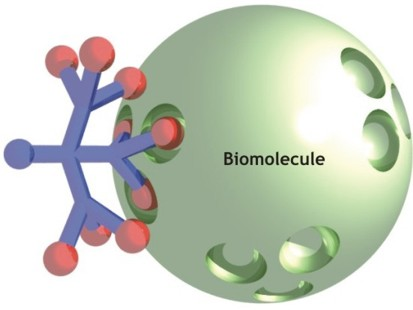Top 10 Brain Power Food
Suggested by SMSIt appears there may be some association between the foods we eat and the power of our brain. Just like the rest of our bodies, the brain reacts negatively to a constant intake of high-fat and junk foods and prefers to be nourished by a well-balanced diet.
10. Spinach

Spinach has been linked to preventing dementia in women. A study has proved that middle-aged women who ate spinach and other green vegetables, delayed cognitive decline by 2 entire years. Spinach is literally brain food and feeds the brain vital nutrients and enzymes that it needs to strengthen synapses and produce healthy levels of neurotransmitters. Spinach also keeps up Folic acid – low levels of Folic acid have been linked to memory decline and heart disease. A few years ago, Tufts research proclaimed antioxidant-rich spinach as brain food. A slew of new evidence confirms it, at least in animals. Elderly rats fed spinach extract beat younger rats on memory tests at the University of Houston.
9. Coffee Beans

The coffee bean, much like the cacao bean, is incredibly rich with antioxidants, amino acids, vitamins and minerals. Fresh-ground gently roasted coffee bean powder (again, like with cacao) has numerous brain and body health benefits…yes, including the caffeine content which has recently been shown to be GOOD for the brain, not bad, and particularly in the area of antioxidants. Also, Coffee consumption has been linked with reduced risk of Alzheimer’s, Dementia and other mental diseases.
8. Legumes

Legumes, such as soybeans, kidney beans, chick peas, and lentils have the lowest glycemic index of any food. Potatoes and carrots have a much higher G.I.. Legumes contain important oils and fats for a healthy brain.
7. Fruits

Fruits and vegetables also contain antioxidants and it is the effects of these dietary sources of antioxidants on brain aging that was the subject of the report by Dr. James Joseph of the US Department of Agriculture Human Nutrition Research Center on Aging at Tufts University in Boston.
6. Eggs

Eggs can be the best thing you can eat during pregnancy. The offspring of pregnant lab rats that were given choline did better on mazes and memory tests. The mother rats also showed slower memory loss, even when they were given a drug known to damage crucial areas of the brain.
5. Yogurt

Did you know that yogurt cups and drinks have Omega-3 DHA in them? I did not until I read the information I was given. Omega-3 DHA is a nutrient that helps brain growth during child development. Know what else helps kids brain development?
4. Avocados

Avocados are almost as good as blueberries in enhancing brain health. While the avocodo is pretty fatty, the fat is monounsaturated; promoting increased circulation and bloodflow. The increased circulation from avocado nutrients is not only found in the body, but is highly prevalent in the brain.
3. Potatoes

The simple potato could help our memory, suggests new research from Canada. Researchers at the University of Toronto Bayview Centre for Geriatric Care found that dietary carbohydrates enhanced memory in a small group of healthy elderly people.
2. Fish

It may sound like a joke, but the brain is largely composed of fat. Fats, along with water, are the chief components of brain cell membranes and the specialized tissues enclosing the nerves. The anti-fat message promoted as part of heart-healthy diets these days makes it easy to forget that not all fats are “bad,” and that some types are essential to human life. Fish plays a very positive role in a healthy powerful brain. Not only is fish good for your brain it is good for your cardiovascular system.
1. Chocolate

Nibbling on the sweet stuff is a smart idea–literally, according to a new study from Wheeling Jesuit University in West Virginia. Researchers found that volunteers who ate about 3 ounces of milk or dark chocolate (about the amount in a regular-sized bar) before taking tests that measured their reaction times and short-term memory did about 20 percent better than those who weren’t given any chocolate.









